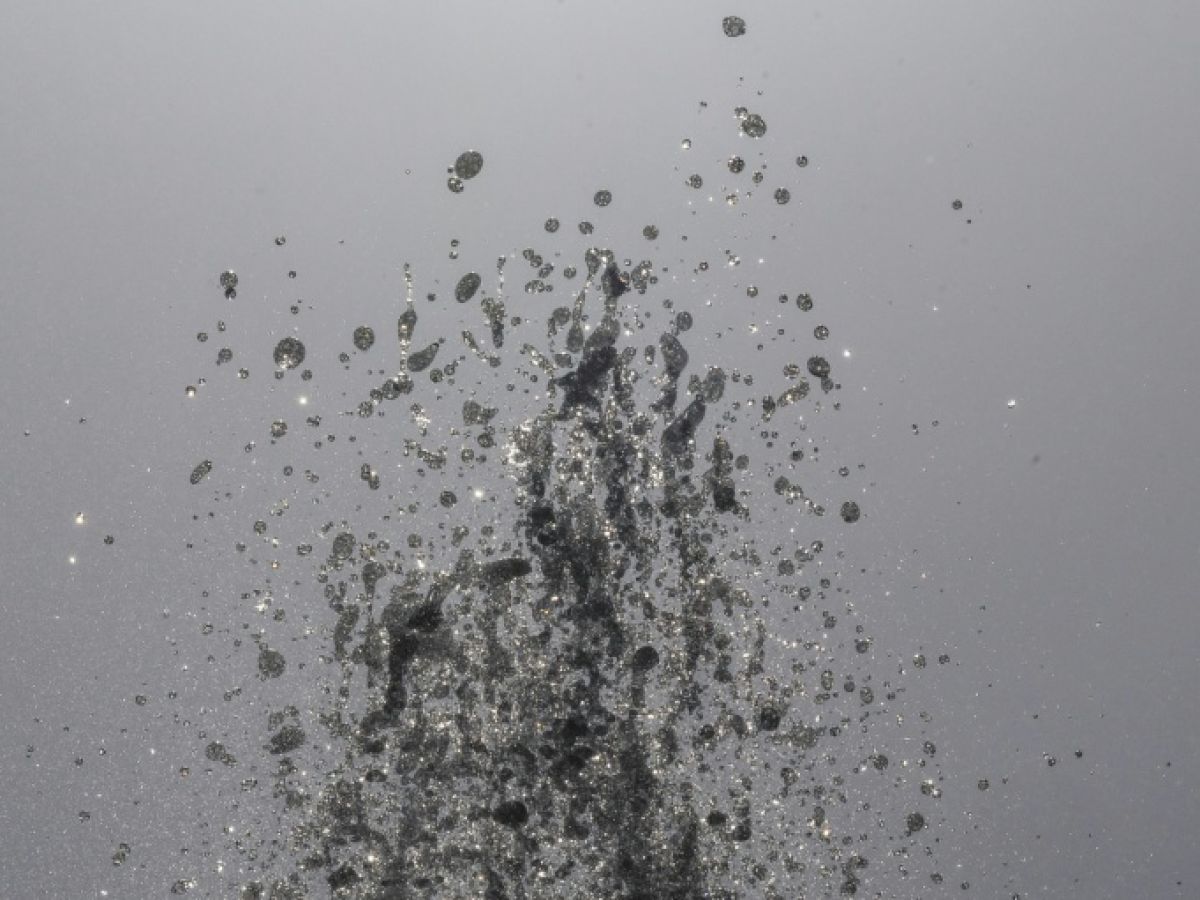For hot days, after a night of heavy drinking, or even to relieve headaches: effervescent tablets promise to "boost" and "optimize" our hydration, but in reality, according to professionals, they are of no benefit.
“My secret to going out every night without being tired: Hydratis, a lozenge that will hydrate your body,” says a TikTok user in a video viewed more than 150,000 times.
This so-called "cure" for the aftermath of a night out would also be useful for hot days, according to many pharmacists who promote it on social media.
Well-positioned next to the checkout in pharmacies or posted in the corridors of the Paris metro, hydration tablets – the Hydratis brand in particular, but also Waterdrop and Lxir – are unmissable this summer.
Dissolved in a glass of water, these tablets – a mixture of sugar, salt, potassium, chloride, magnesium and zinc – ensure “better hydration” and prevent the risk of dehydration.
With the selling point that the French don't hydrate enough.
While the French National Food Safety Agency (ANSES) recommends drinking between 1.5 and 2 liters of water per day, 78% of French people do not reach this recommendation, according to an Ifop survey carried out last June for the Hydratis brand.
But this recommendation is only a guideline and does not mean that three-quarters of people are dehydrated, stresses dietician Violette Babocsay.
"Food already provides around 1 liter of water because many products contain it: fruits and vegetables contain 80 to 90 % of water, red meat contains 60 to 70 % of water," she told AFP.
-“Pure and simple marketing”-
According to the brands, their lozenges also help compensate for the loss of electrolytes through perspiration, which is more abundant in athletes or on hot days.
However, "it's not after 30 minutes of exercise that we need electrolytes," says Ms. Babocsay.
"It can be helpful for marathoners who run for four hours and can't eat, but a normal person gets electrolytes from their diet," she explains.
"Even for workers exposed to heat - who will sweat several liters of water - the general idea remains that this is not necessary," Basile Chaix, research director at Inserm, added to AFP.

In any case, to stay hydrated, nothing beats a glass of water, insist professionals.
For Arnaud Cocaul, a nutritionist, these lozenges are therefore "of no interest", and their promises are "pure and simple marketing".
And with their playful aspect, he fears that these products will take away from fundamental principles.
Kiwi, peach, or wild berry flavors: "By getting into the habit of adding flavors, people no longer know how to drink water, and that's a problem," the doctor points out.
-“False beliefs”-
For her part, Violette Babocsay protests against the idea of adding sugar and salt to water "when people already consume too much of it, it makes no sense."
The young woman, who tackles nutrition misinformation on her Instagram account @violette.diet, also denounces the "false beliefs" that these brands exploit.
Like those saying "that water isn't enough for optimal hydration or that if you're thirsty, you're already dehydrated, and that's why you're tired or might have a headache." Which is "completely false."
Just like the belief that the more you drink, the better, according to the dietician, who points out that it is just as dangerous to be overhydrated as not enough.
According to Basile Chaix, by claiming to "optimize hydration," these lozenges can even have "perverse effects." "People may think that a glass of water with a lozenge is more effective and therefore pay less attention to hydration," warns the researcher.
And even if there is no direct danger in consuming these products, for Arnaud Cocaul it is a "bad public health signal."
